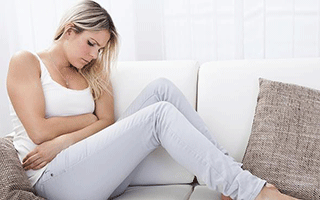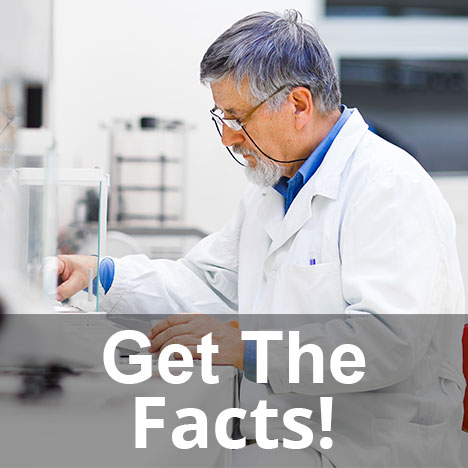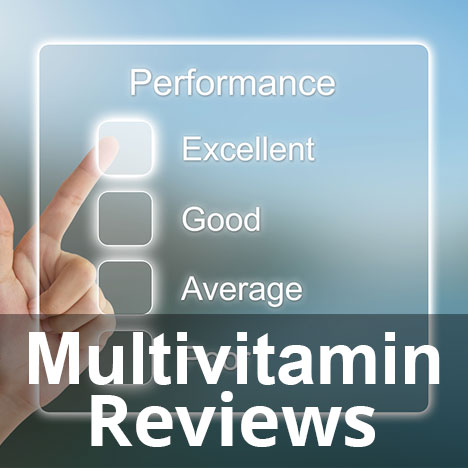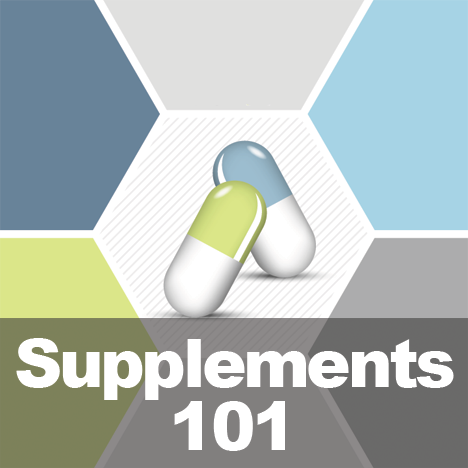
Vitamin B for PMS?
In possible great news for women, a new study completed by a doctor from the University of Massachusetts, Amherst, shows that women may be less likely to suffer from premenstrual syndrome (PMS) if they eat food that contain high amounts of vitamins B1 and B2.
In the study that followed over 3,000 women in the US for nearly a decade, those who ate thiamine (B1) and riboflavin (B2) regularly (in their food) showed a significant reduction in PMS symptoms. If you are a woman you will definitely want to pay attention to the following information. You will want to know what foods contain these new friends and why taking Vitamin B supplements for PMS should be considered.
Thiamine is abundantly found in beans, nuts, whole grains, and fortified cereals. Additionally, researchers in this study stated that consuming two to three servings of thiamine abundant foods each day appeared to even stop PMS symptoms all together.
Riboflavin is found abundantly in dairy like milk and eggs. It is also found in meat and green vegetables. The same researchers stated that consuming one to two servings of fortified cereal or 6 – 7 servings of foods like as spinach, cow milk and soy milk, or even red meat appeared to have a notable positive effect on the reduction of PMS symptoms.
Each of the more than 3,000 participants was free of PMS symptoms at the start of the study. These women filled out dietary data sheets and paper work on 3 separate occasions from 1991 and 1999.
Researchers also state that they observed a massive reduction and lower risk of PMS in the women who ate high amounts of thiamine and riboflavin. These finding were from food intake. Obviously, if adequate food sources are being ingested, supplementing with Vitamin B for PMS may not be necessary.
Notably, women with the most riboflavin consumption had a 35% lower risk of suffering from the physical and emotional symptoms commonly associated with PMS.
According to additional information in this lengthy study, thiamine and riboflavin quite possibly have an effect on brain neuro-transmitters (serotonin and dopamine), which have been widely linked to PMS historically.
What’s more, this same study, which is published online in the American Journal of Clinical Nutrition, does not unequivocally prove that these 2 vitamins will prevent PMS. As with any study, outside factors could participate. But here at BestMultiVitamins.com, we always say “take your vitamins”! The evidence shows that supplementing with Vitamin B for PMS can help relieve symptoms.
About PMS:
PMS is a list of symptoms that range from mild to severe problems for women all over the world. A woman who suffers from PMS will many times experience notable physical or emotional symptoms several days before the start of her monthly cycle. These symptoms, none of which are pleasant, may consist of enlarged, uncomfortable breasts; adult acne; pain within body joints; problems retaining memory; stress or anxiety that may include symptoms of depression. Many women have such notable symptoms that their very quality of life is affected. So, this being said, if you feel you either have these symptoms or know someone who does, this information may make a huge difference in the quality of life problems that any women suffers from these symptoms.
But it is interesting to note these women were not documented taking vitamin B for PMS in order to stave off the PMS symptoms, but rather, were eating foods rich in B1 and B2.
Keep in mind, PMS affects everyone in the household where women live with PMS symptoms. We will not use this opportunity to insert and silly jokes (as tempting as it may be), but if you do live in a house where there is a women or women suffering from PMS symptoms, you know there isn’t much to joke about. This article is good for all to read then.




